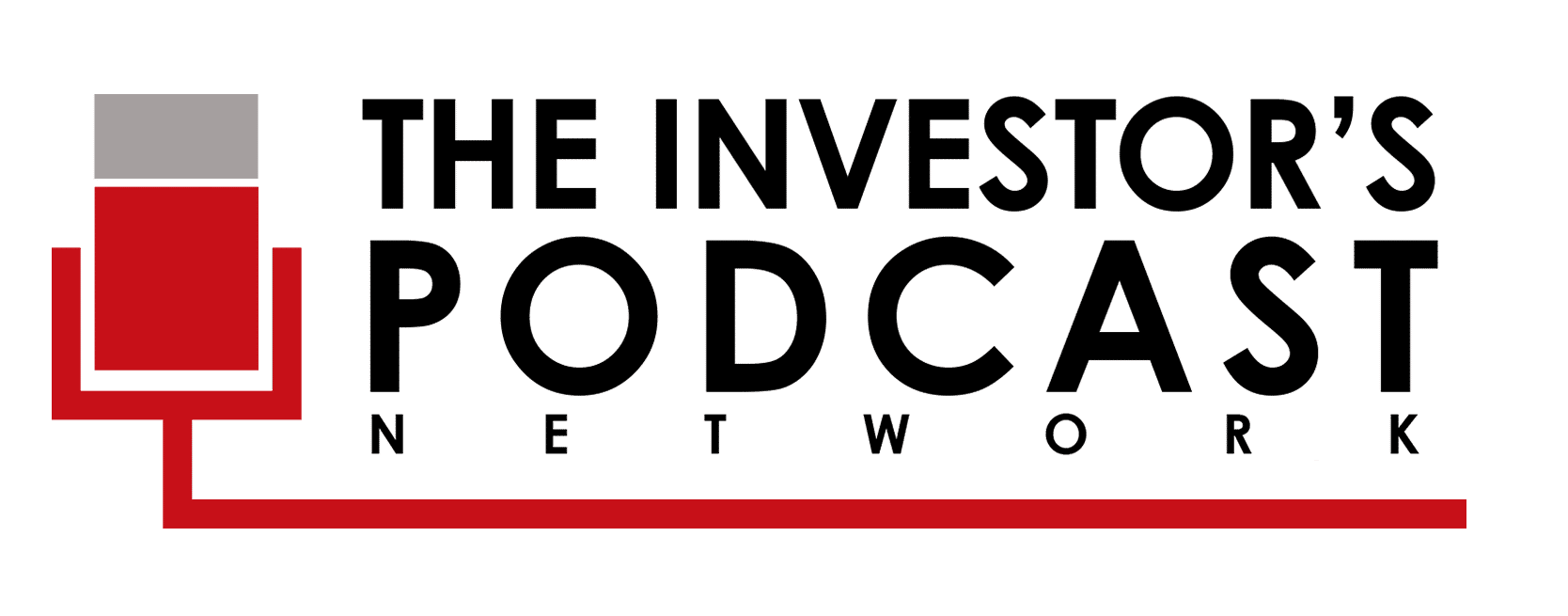Navigating the Complexities of Real Estate Investment

Image by Breno Assis on Unsplash
A 2023 survey revealed that most Americans consider real estate the best long-term investment. Although the 34 percent is significantly down from 2022’s record-high 45 percent, it is proportionate with 2016 to 2020’s data.
This enduring preference for real estate highlights the benefits investors can enjoy in this market. These advantages include passive income, portfolio diversification, and long-term appreciation.
However, real estate investing can be complex for first-timers and seasoned investors. One wrong move and you could hurt your portfolio with substantial losses.
To avoid having unrealistic expectations of making quick profits, here are practical tips to help you manage the complexities of the real estate market:
Familiarize Yourself With Real Estate Terminologies
Like other industries, real estate has specific terminologies. Here are some terms you should familiarize yourself with:
- Cash flow – The amount of money a property produces minus the operating costs
- HOA – This acronym stands for Homeowners’ Association, an organization that manages the physical appearances of many neighborhoods. When you buy investment properties in HOA communities, you must follow HOA rules.
- Due diligence – Researching properties, reviewing documents, estimating operating expenses, and risk evaluation
- Inspection contingency – Buyers and investors may include this in contracts. You must have the property inspected before the sale. You can renegotiate the pricing based on the inspection report.
- Turnkey property – Properties that are move-in ready
Outline an Investment Plan With Realistic Expectations
Many people enter real estate believing it’s a passive asset. However, it’s not as steady as others make it to be. Without a clear plan, you’ll likely encounter more challenges than expected.
Therefore, outlining an investment plan with realistic expectations is a must.
A well-crafted plan with realistic expectations includes strategies for financial analysis, property management, and an exit plan if things don’t go as planned. These tactics will help you foster an awareness of market trends, active management, and vigilance to unforeseen expenses.
Choose Your Market and Timing Wisely
Now that you have an investment plan, it’s time to choose your market and timing.
When choosing markets, avoiding popular areas where prices are skyrocketing is recommended. While investors could make money because of high property values, you might pay too much without getting your money back.
For timing, each real estate market is at a different phase of the housing cycle. It’s best to find ones in the expansion phase where properties are affordable, construction prices are low, and capital investment is rising.
You should also consider the location of the property. You should invest in neighborhoods with the following characteristics:
- Access to basic amenities (e.g., parks, hospitals, public transportation, and restaurants)
- Low crime rates
- Family-friendly
- Good walkability
Estimate Your Potential Upfront Costs
If you’re a first-timer, estimating your potential upfront costs is crucial. Besides property costs and realtor commissions, you must factor in repairs for electrical problems, cracked foundations, and pest infestations.
Also, don’t forget other expenses like insurance, closing fees, and utility costs. Missing these costs can lead to significant investment losses.
At the same time, prepare for unexpected costs. Even with careful planning, real estate can present challenges like market downturns. Setting aside a contingency fund helps provide a safety net against financial pitfalls, ensuring you’re ready for whatever comes your way.
Thus, securing the right financing is critical in preparing for the upfront costs. Partnering with reputable online mortgage lenders like SoFi can offer many advantages, including competitive interest rates and flexible loan terms.
An attractive feature you can also get is the bank sign-up bonus for new borrowers. These bonuses vary but often include cashback rewards and reduced fees to make your investments more manageable.
Understand Your Investment Risks
Risk management is crucial in real estate investing. Some ways to manage your risk tolerance include:
- If you have a mortgage, aim to pay a minimum 10 percent down payment to avoid debt accumulation. Generally, it’s better to pay the 20 percent to avoid private mortgage insurance (PMI) and receive lower interest rates.
- Keep a large cash reserve to reduce the risk of selling a property in case of an unexpected loss. This fund will also help you cover unexpected repair bills.
- If the numbers don’t make sense and the property seems risky, don’t buy it just because you’re afraid of missing out. It’s best to wait for better opportunities to avoid losses.
Opt for the Best in Class
A recurrent mistake in real estate investment is trying to make a property “the best” in the area. For example, many investors may renovate properties in working-class areas into luxury homes.
However, they can’t sell those at the same price they would in upscaled areas. Rather than gaining money, you end up losing some because of over-building.
As such, you must go for properties that are best in class. This approach means matching the renovations and investment to the local market demands.
You can upgrade a property to enhance quality and comfort while keeping improvements aligned with what’s appropriate to the neighborhood. This way, you can attract buyers or tenants.

Image by Tierra Mallorca on Unsplash
Review and Understand Real Estate Investment Regulations
Properties are subject to local building codes.
Building codes regulate the minimum requirements for how plumbing, heating, ventilation, air conditioning, and structural systems in residential and commercial buildings should be designed and constructed. In the United States, state and local governments regulate most of these laws.
For this reason, you must review the local building codes before buying and renovating a property.
Some key considerations include:
- Never renovate a basement into a second rental unit unless allowed
- Be mindful of food service business rules
- Don’t assume you can easily add other rooms or second stories
Try Investing in Non-Conventional Real Estate Investments
Real estate assets are flexible. Besides traditional real estate investments like rentals and resale, you can opt for non-conventional investments to help offset losses during a crisis.
Some non-conventional and innovative real estate investments include:
- Office buildings
- Industrial spaces
- Warehouses
- Storage unit complexes
- Short-term or vacation rentals
- Turning your properties into co-working spaces or event venues
With these less-conventional uses for properties, you can unlock new sources of income streams.
Use a Digital Real Estate Investing Solution
Digital real estate investing solutions, or crowdfunding platforms, are solutions for investors who prefer to pool their capital to fund real estate projects.
In exchange, you can get debt or equity in projects with monthly or quarterly distributions if everything goes well.
However, these investments are usually more risky and illiquid, so you may be unable to sell your shares quickly.
Some platforms are available only to accredited investors, while others provide opportunities for accredited and non-accredited investors. Depending on the platform, you must pay an annual management fee between 0.25 and 2.50 percent. Other fees may also apply.
Consider House Flipping
House flipping refers to buying discounted properties, fixing them, and selling them for higher prices. With the appropriate properties, you can make quicker profits than managing properties.
However, it’s not that easy.
To be a successful house flipper, you must have the vision for bringing a property’s potential to life. Moreover, you need sufficient funds, accurate cost estimation, and a reliable team of contractors to ensure profit.
Project organization skills are also necessary. The sooner you can sell the property, the less you’ll spend on costs like mortgage, HOA fees, property taxes, utilities, and insurance.
Buy a REIT or Invest in a REIG
A REIT or real estate investment trust and REIG or real estate investment group are excellent options if you want to avoid the responsibilities of managing rentals.
A REIT is an organization that owns income-generating properties like offices, buildings, warehouses, hotels, retail centers, and medical facilities.
In this setup, the company owns a portfolio of assets and pools the capital of multiple investors. Then, you’ll buy shares of the REIT and earn a portion of the income.
Meanwhile, an REIG is a club of private investors who pool their money to purchase income-generating properties. You can leverage the buying power and experience of the group to invest in properties that will yield higher returns.
REIGs also let you learn from experienced real estate investors to expand your wheelhouse. It can be a worthwhile investment option when you find and join a group that aligns with your goals and risk tolerance.
Go for Rental Properties
Buying and leasing out rental properties is a classic real estate investing method.
One perk of being a landlord is that you can deduct many costs associated with the property, such as repairs, maintenance, utilities, insurance premiums, mortgage interest, depreciation, and administrative fees.
However, rental properties can be time-consuming and have high upfront costs. You might also deal with unruly tenants, property damage, and late payments.
Still, you can acquire long-term appreciation with the right property. Also, if you sell the property and swap it for a “like-kind” one, you can use a like-kind exchange to defer capital gains taxes.
Rent Out a Part of Your Home
Renting out a part of your home, or house hacking, is another way to invest in real estate. This approach involves renting out your basement, attic, or accessory dwelling unit (ADU).
Depending on the condition of your space, the startup costs can be minimal. The extra income can also help offset your monthly housing costs while you repay your mortgage and build equity.
An advanced house hacking tactic involves investing in a multifamily property: renting out the rest while living in one unit. You can rent them out to long-term tenants or—when permitted—open the spaces to short-term rentals.
Treat Real Estate Investing Like a Business
Approaching real estate investment with a business mindset is essential for success.
With diligent market research, strategic planning, efficient risk management, and proactiveness, you can equip yourself with tools and tactics that can effectively navigate the complexities of the market, ensuring informed decisions that drive sustainability and long-term profitability.



